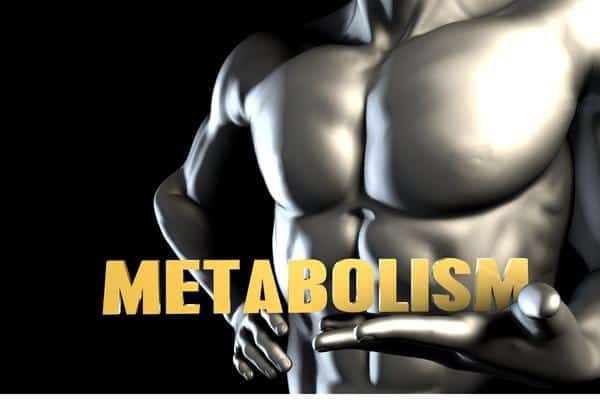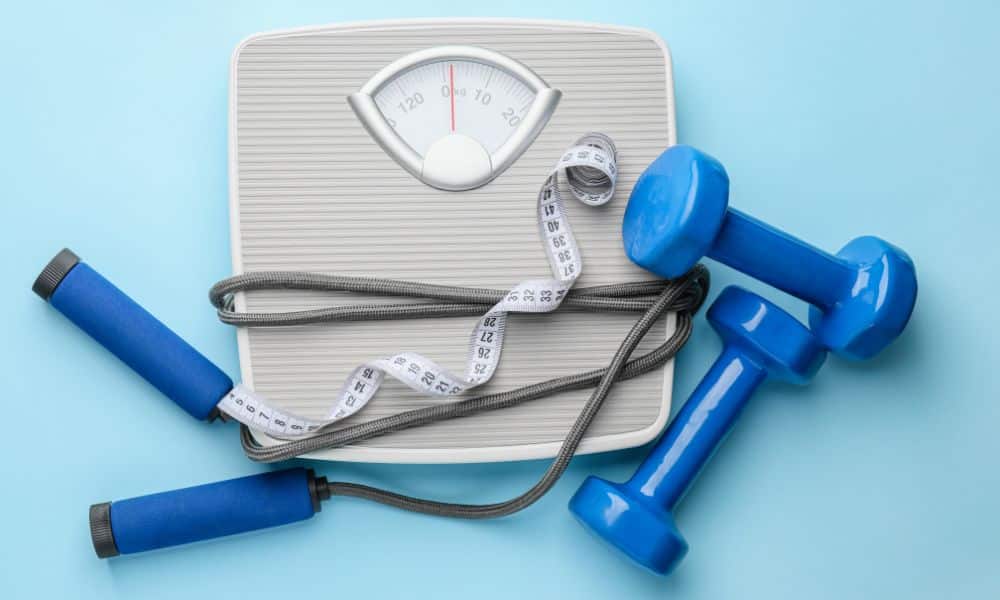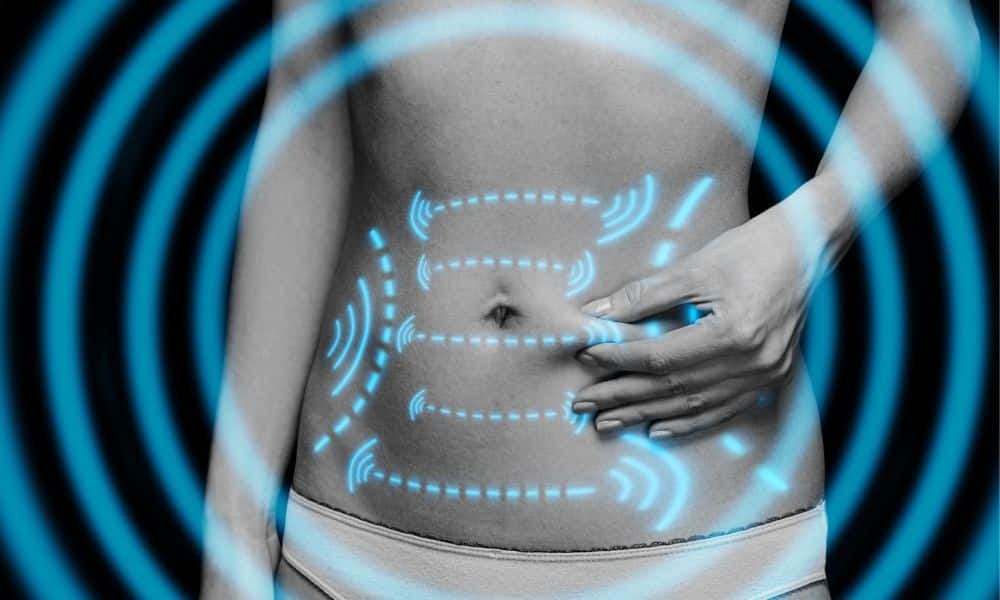Are you curious about which organs determine your metabolism and how they can help you reach your health and fitness? The human body is a beautiful and fantastic thing. It comprises many organs that work together to keep the human body healthy and fit. Thus, the metabolism is one of the most critical systems for our fitness success.
Metabolism is the organs that convert food into energy. While we all have a metabolism, some have a faster, healthy metabolism than others. This can impact our ability to lose weight, build muscle, and recover from exercise. This article will look at factors influencing our metabolism and how we can use this knowledge to improve our fitness success!
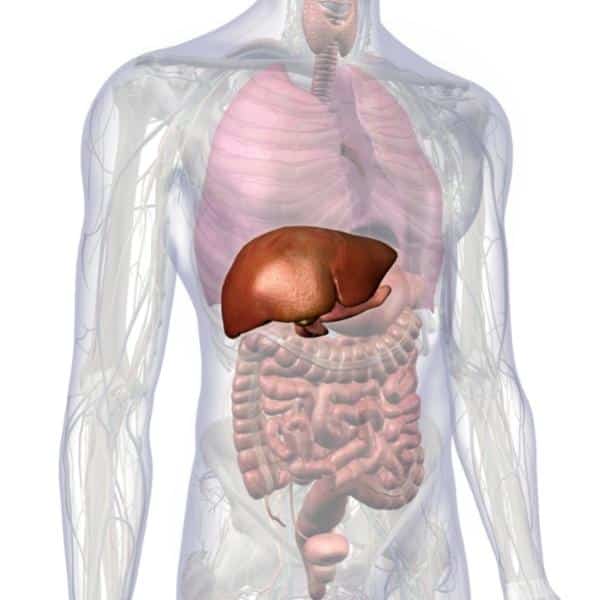
Organs
Three main organs play a role in metabolism: the liver, pancreas, and thyroid.
Liver
The liver is the largest metabolism organ. It helps to break down fats, proteins, and carbohydrates. It also helps to regulate blood sugar levels. When we eat a meal, the liver releases glucose into the bloodstream to be used for energy. If we have more glucose than we need for power, the liver will store it as glycogen. Glycogen is a stored form of glucose that can be released back into the bloodstream when blood sugar levels drop.
The liver also helps to regulate metabolism by producing enzymes. Enzymes are proteins that help chemical reactions to occur in the body. For example, some enzymes help break down food for energy use. Other enzymes help to produce hormones that regulate metabolism. A fatty liver not only creates health problems but also slows down the metabolism.
Pancreas
The pancreas is another vital metabolism organ. It helps to break down carbohydrates and produce insulin. Insulin, a hormone that regulates blood sugar levels, determines if the body uses food for energy or stores it as body fat. For example, the pancreas releases insulin into the bloodstream when we eat a meal. Insulin helps move glucose from the blood into the cells, which can be used for energy.
Thyroid
The thyroid, a small, butterfly-shaped gland in the neck, dramatically impacts metabolism. It produces hormones that regulate metabolism. The two main thyroid hormones are thyroxine (T4) and triiodothyronine (T3). T4 is inactive until the body converts it to T3 to be used by the body. The thyroid regulates metabolism by controlling the rate at which cells convert food into energy. It does this by controlling the production of enzymes. When the thyroid produces more hormones, the metabolism increases; when it has fewer hormones, metabolism decreases, and the thyroid regulates body temperature. A higher body temperature means the body burns more calories, and the metabolism increases.
The heart, kidneys, liver, and brain account for 51% of the metabolism yet are 6% of the body’s total mass. This is because these organs are constantly working and need a lot of energy to function correctly. Therefore, you must ensure you keep them healthy, which helps them use more power. The metabolism is a complex process critical for survival. A healthy metabolism is essential for maintaining a healthy weight, building muscle, and recovering from exercise. By understanding how the metabolism works, we can make choices that help us improve our fitness success!
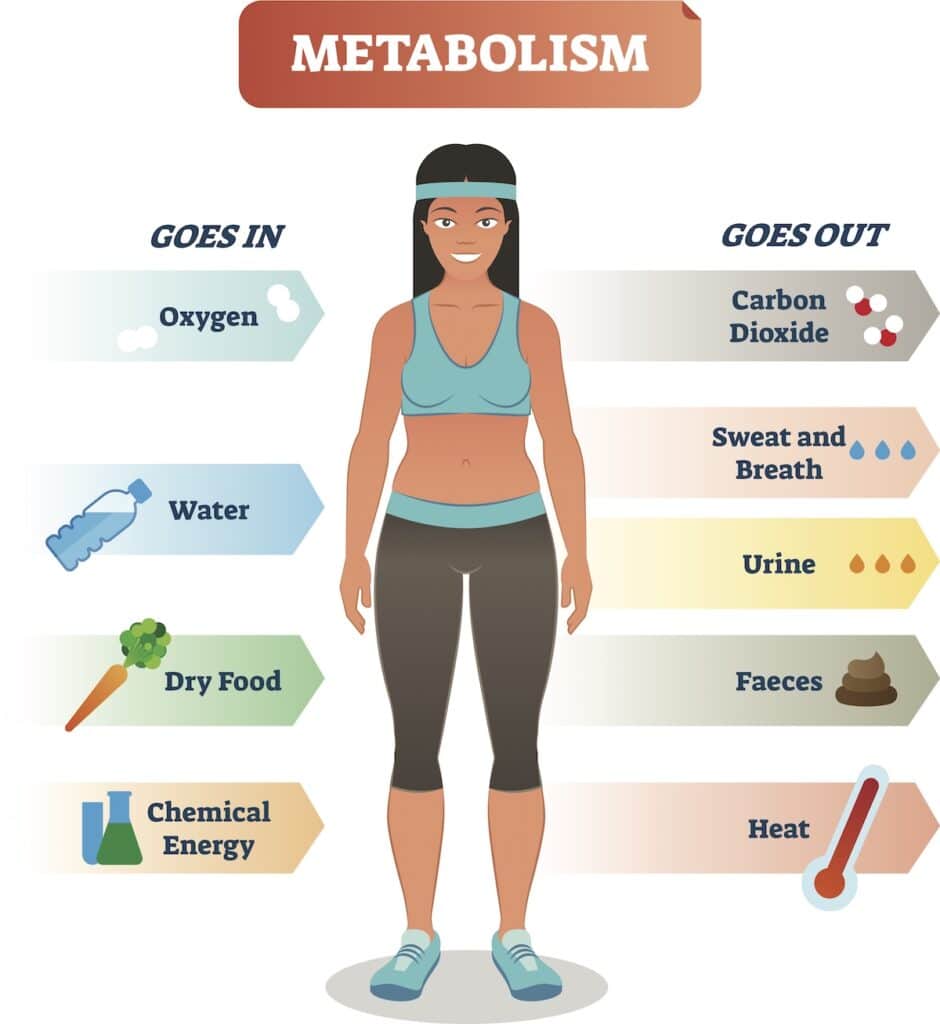
Factors That Influence Metabolism
Many factors can influence metabolism, including genetics, age, gender, diet, stress, and activity level. For example, people with a family history of obesity or diabetes are more likely to have a slower metabolism. As humans age, their metabolism naturally slows down. Women have a slower metabolism than men.
Certain foods can also impact metabolism. For example, protein, resistance starch, and fiber take longer to digest and can help to boost metabolism. Also, fruits and vegetables provide many vitamins, minerals, and nutrients. Conversely, processed foods and sugary drinks can lead to weight gain and a slower metabolism. Finally, activity level plays a role in metabolism. More active people have a faster metabolism than inactive people. This is because muscle tissue burns more calories than fat tissue.
The Last Word on the Organs that Determine Metabolism and Fitness Success
Knowing how metabolism works can help us make better choices regarding our health and fitness. We can use this knowledge to improve our diet and activity level to boost our metabolism. By doing so, we can reach our fitness goals more quickly. If you have questions about your metabolism, contact your doctor to learn more about improving your metabolism and achieving your fitness goals!

